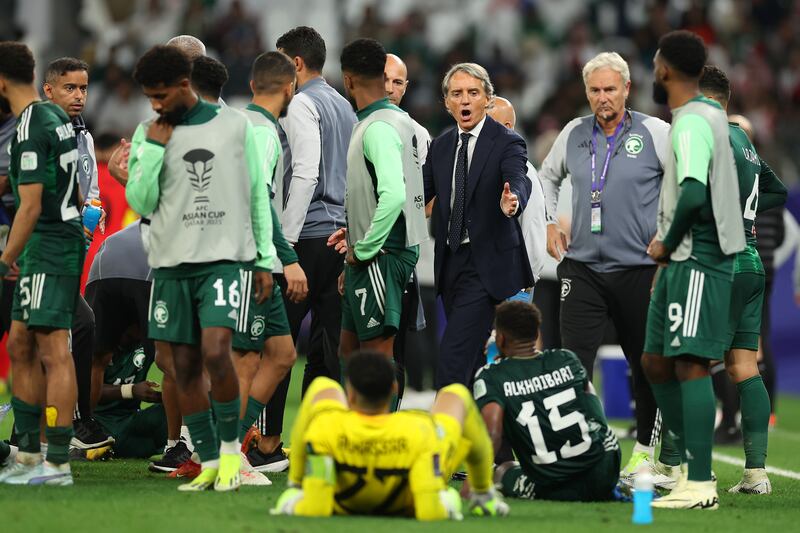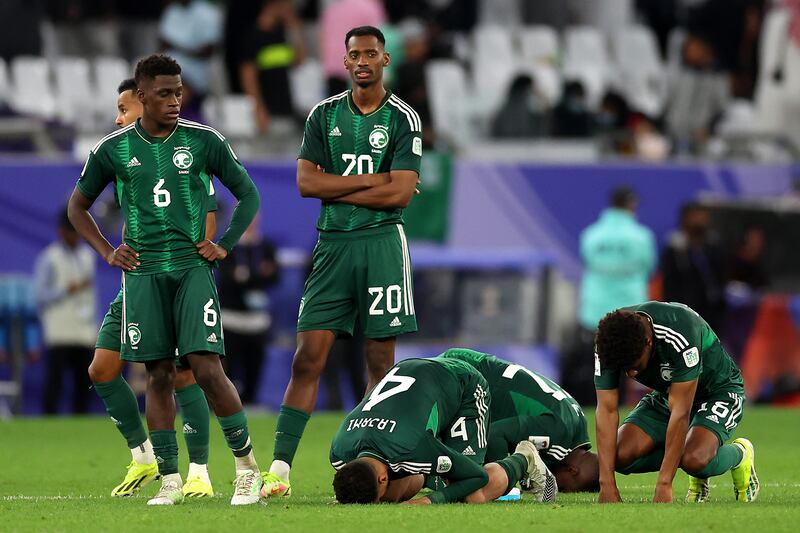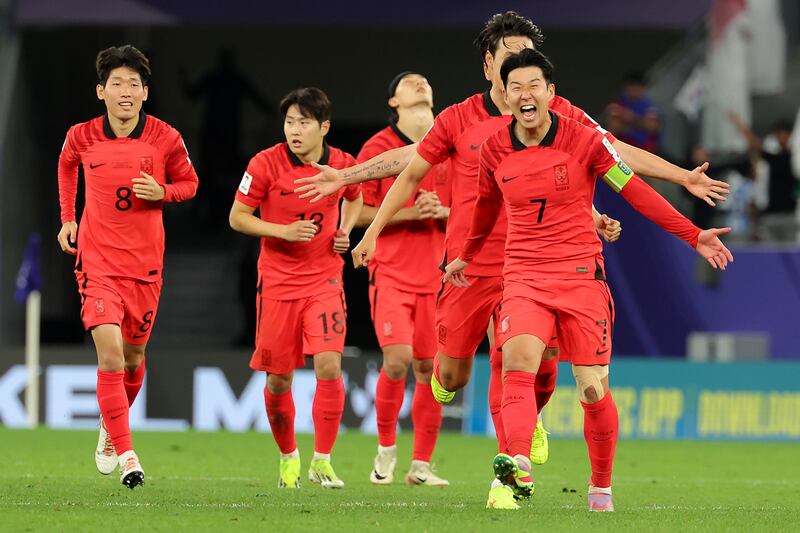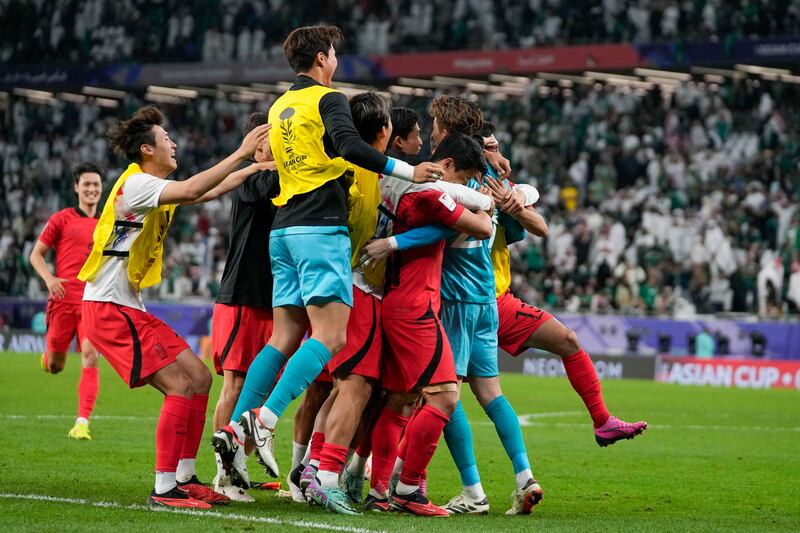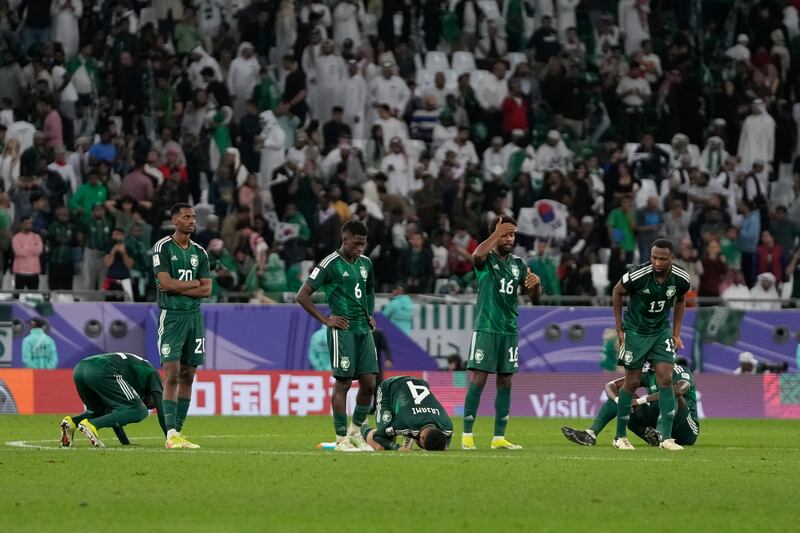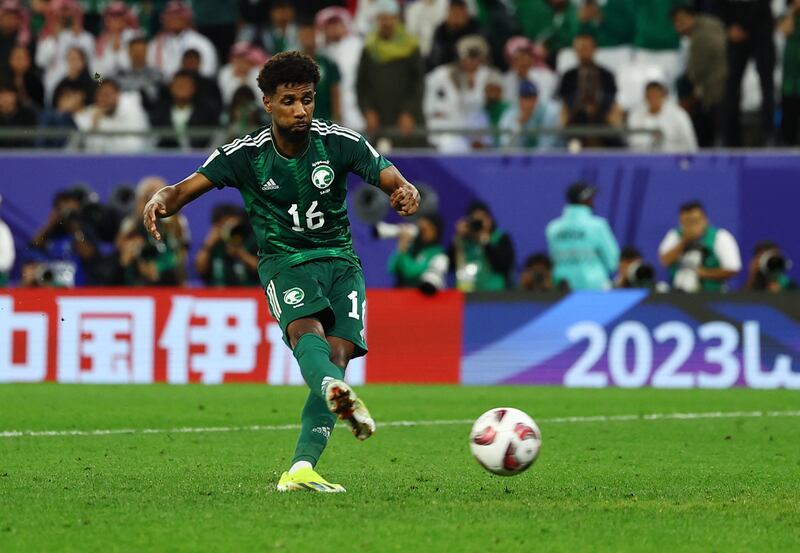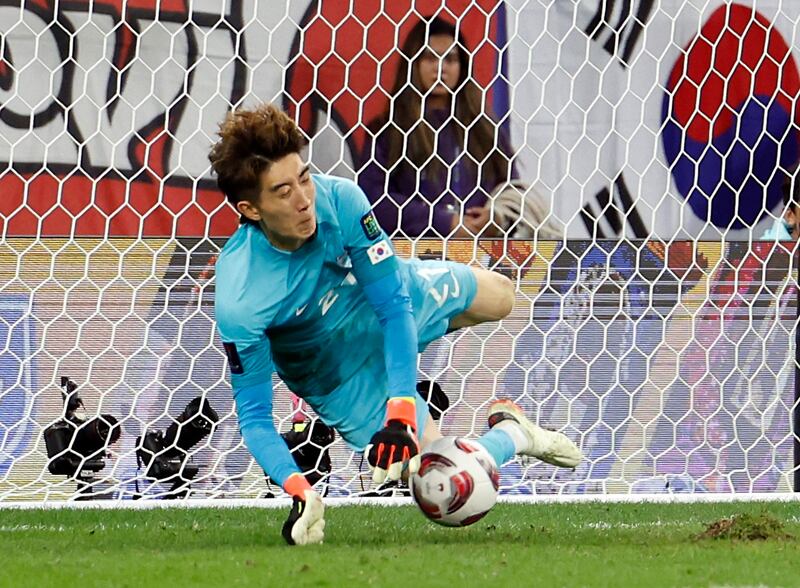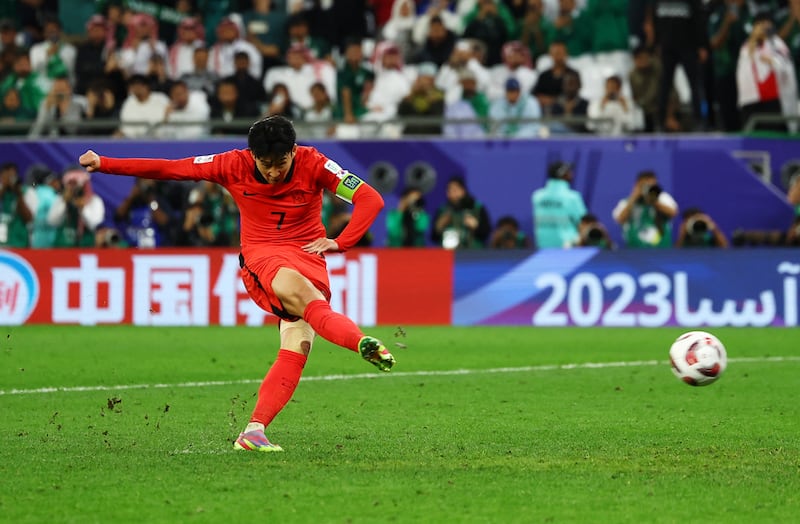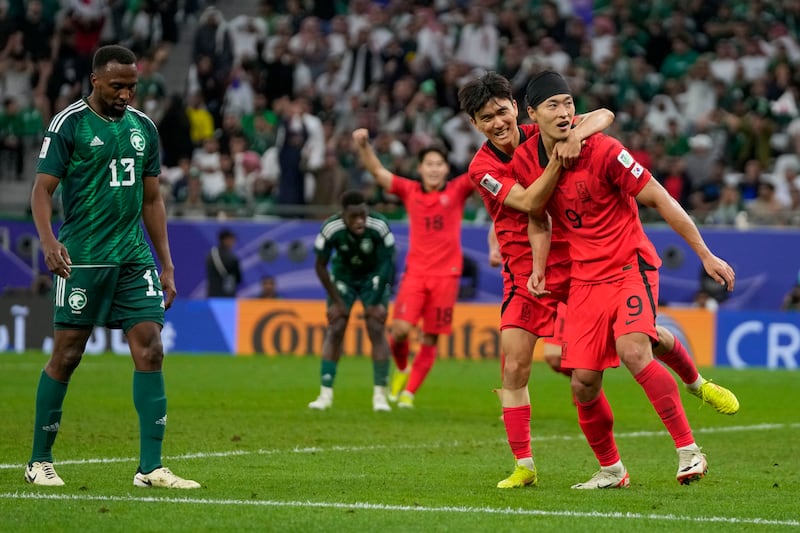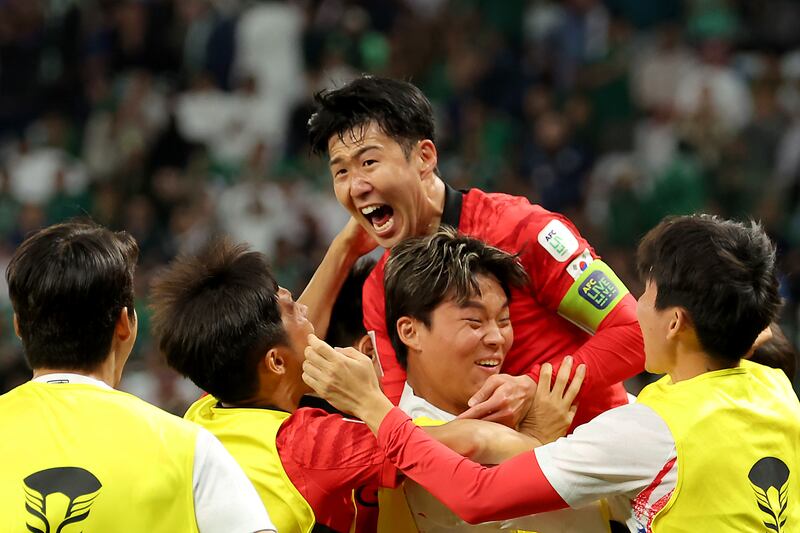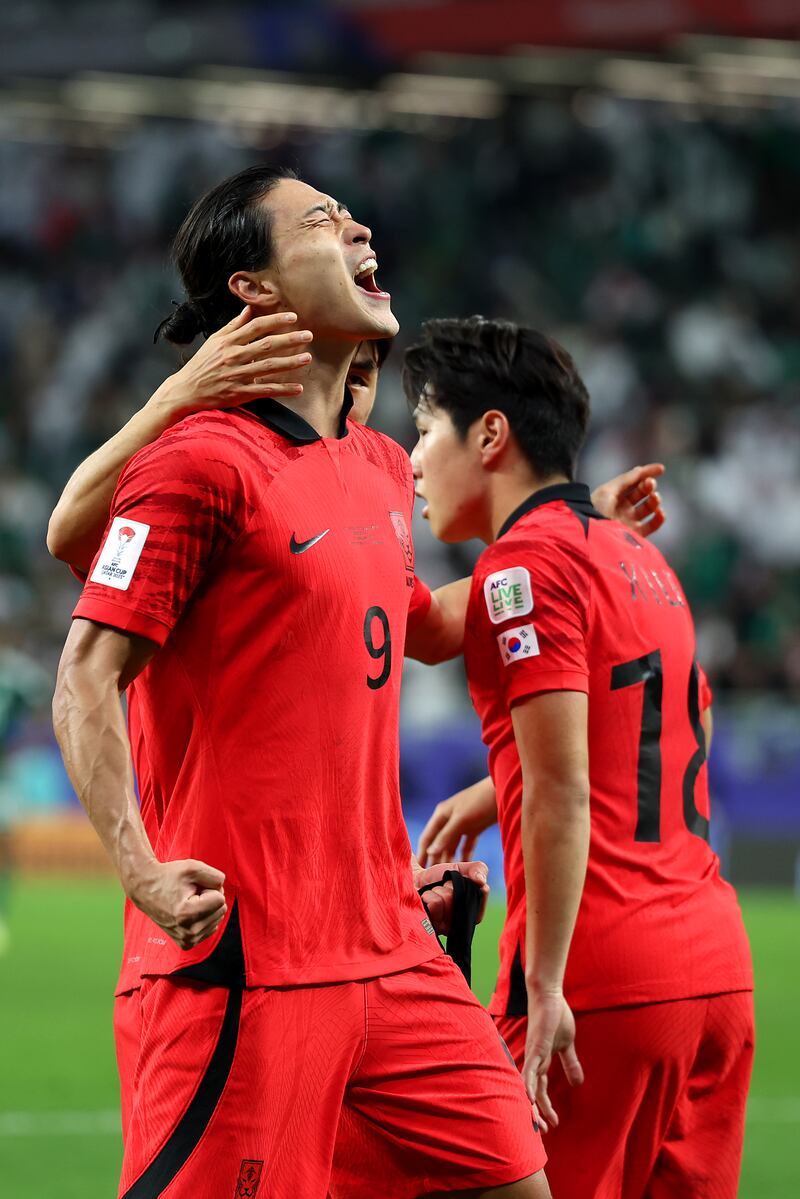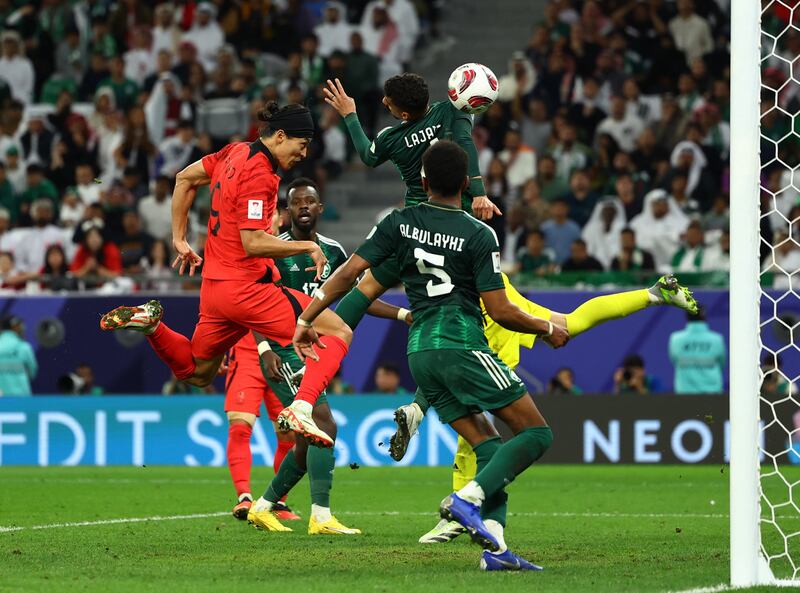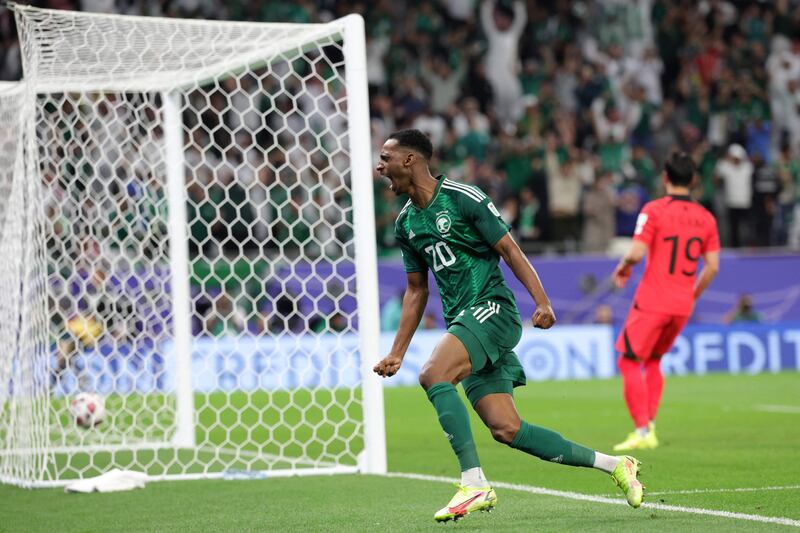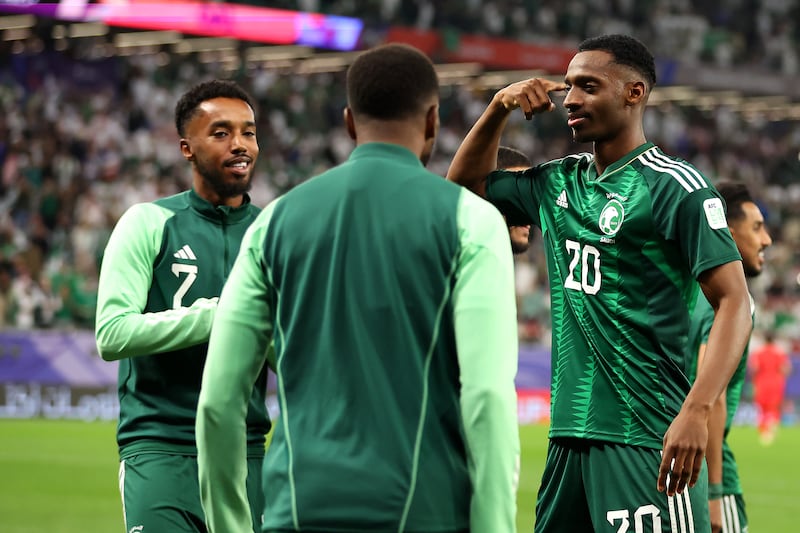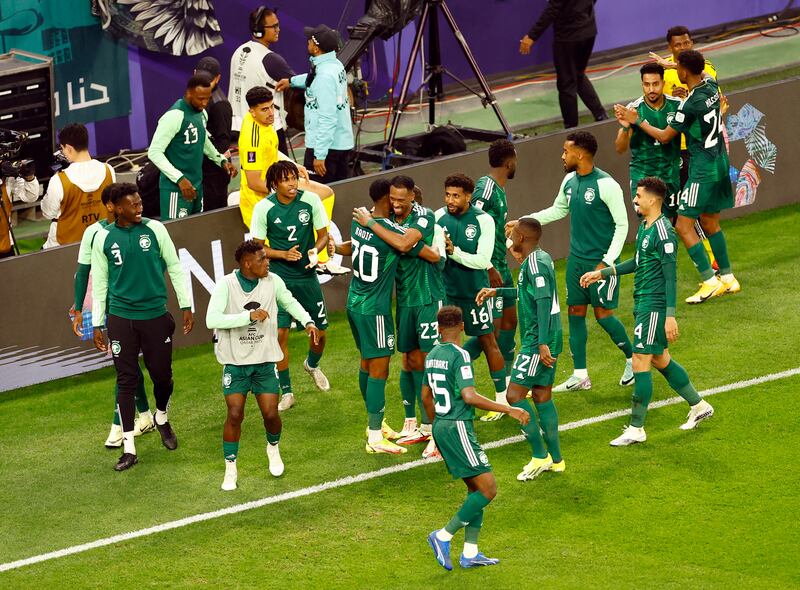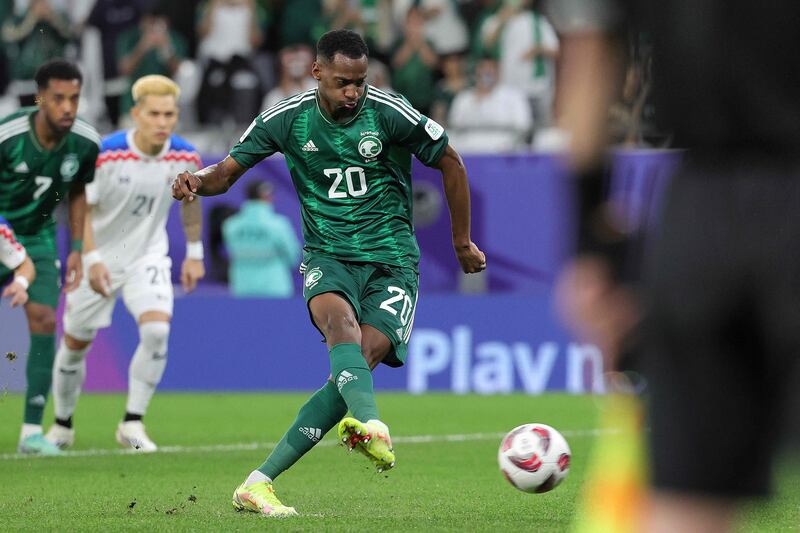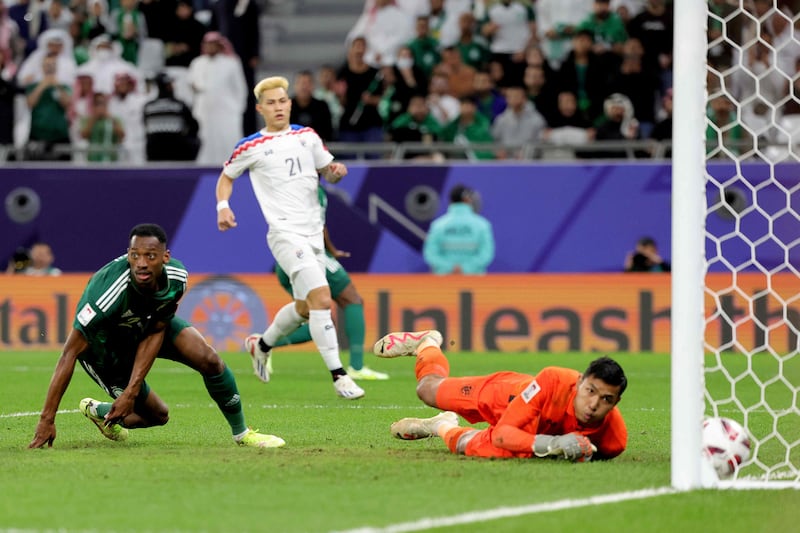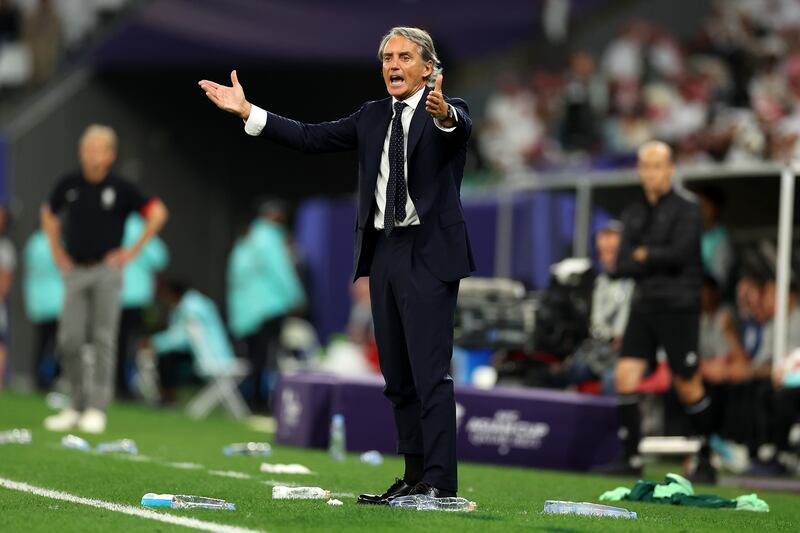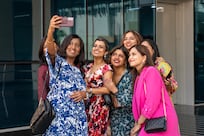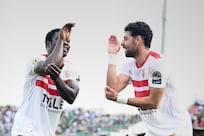The hopes were high, the dreams of a football-mad nation bigger than ever following Saudi Arabia's most recent glorious achievement in beating eventual champions Argentina in the group stages of the 2022 World Cup.
The Green Falcons were back in Doha to write the next chapter in their history as they sought to reclaim their long lost throne as Asia’s most successful national team.
It's a title they had to share with Japan since the start of the century and lost to the Samurai Blue in 2011 when the Japanese lifted the Asian Cup for a fourth time, on these same shores of Qatar, leaving Saudi Arabia in their wake with three titles.
Just as they did during the World Cup, the Saudi fans arrived in their thousands, turning every stadium, every souq and every public space in Doha green, and just like it was in 2022, it was a rollercoaster journey for the team, with the highest of highs and the lowest of lows.
The good
Following the surprise exit of former manager Herve Renard, who opted to take up a post as the France Women’s national team coach last March, the Saudi Football Federation embarked on an extensive search for his replacement.
Five months and two international windows later, ex-Italy manager Roberto Mancini was the chosen one, swapping his position in the Azzurri dugout for the Green Falcons' hot seat.
By the time he took the helm, the September international window had arrived and he had to make do with coaching a pre-selected squad for that camp, leaving him with only one full international window, in November, to select a squad compatible with his ideas, get to know his players and apply his methods before travelling to Qatar. A daunting task by any measure.
The good news is, by the time the Asian Cup rolled around, the Italian had a team that looked more and more akin to Mancini’s Euro 2020-winning Italy side.
Built on the foundation of a three-man defence and a well-organised midfield that combined grit and functionality with attacking drive, the Saudis cruised through the group stage with confidence; two wins and a draw, two clean sheets and only one goal conceded, numbers that showed great promise only four months into the Mancini era.
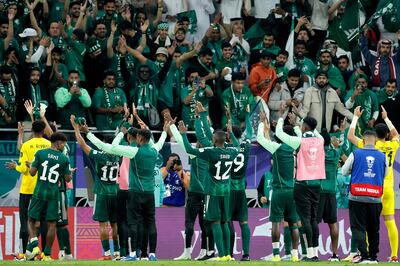
The bad
One of the biggest themes of the early Mancini days is the switch into a three-man defence that turns into a five-man backline in the defensive phase.
A departure from the established tradition of playing with a back four used by most past Saudi Arabia managers, and while the Italian has repeatedly insisted that the system does not matter, it is a set-up that helped his side become defensively solid at the cost of attacking output.
By the conclusion of the last-16 matches, Saudi Arabia ranked fourth in the tournament for big chances created, fifth for shots on target and expected goals (xG) – impressive numbers, but it is in converting those chances into goals that challenges arise.
The Green Falcons’ five goals, including Abdullah Radif’s strike in the 1-1 draw against South Korea in the last 16 before losing on penalties, placed them 11th, behind the likes of Palestine and Uzbekistan, while only China and Hong Kong, out of the 24 teams, were worse underperformers compared to their xG than Saudi Arabia.
Mancini brought four strikers with him to Qatar but by the time they packed their bags to return home, none of them had started more than two matches, indicative that the Italian is yet to be convinced by any of his forwards.
The 20-year-old Radif played 198 minutes, followed by Saleh Al Shehri with 159, then Feras Al Buraikan with 84 and 16-year-old Talal Haji who was given 26 minutes on his international debut. The four strikers combined for just the one Radif goal.
The former Sampdoria and Lazio forward Mancini reminisced in one of his press conferences about the time his home country possessed strikers of the calibre of Cristian Vieri, Filipo Inzaghi, Alessandro del Piero and others, comparing the current attacking crisis in Italy to the situation he sees in Saudi Arabia.
With the Asian Cup coming to the kingdom in three years, this will be one of the main challenges for Mancini to figure out.
And the ugly
Away from results, tactics, statistics and performances, Mancini’s reign has been full of off-the-pitch drama. The circus arrived in Doha without warning. Just days before the opening game against Oman, it was announced that goalkeeper Nawaf Al Aqidi was sent back home; joining established names such as captain Salman Al Faraj and right-back Sultan Al Ghannam.
The exclusion of the trio created a controversy that overshadowed preparations and had local media questioning the wisdom of removing the only Saudi goalkeeper who had been playing regularly for his club.
In his first press conference of the tournament, Mancini addressed the issue head on, claiming the trio did not want to be part of the team.
With the dust seemingly settled on that controversy, previously uncapped Ahmed Al Kassar took the starting spot between the sticks, establishing himself as one of the best performers in the team, especially in the South Korea match where he ended up wearing the captain’s armband in extra time after Salem Al Dawsawi was subbed off, only for chaos to ensue again.
With Sami Al Naji and Abdulrahman Ghareeb both having missed their penalties in the shoot-out, Saudi Arabia were already at a disadvantage going into the last pair of spot-kicks, and Mancini decided he had seen enough, walking off the pitch rather than waiting to find out whether Al Kassar could make a decisive save or spend time consoling his players.
A sight that was later described by Saudi Arabian Football Federation president Yasser Al Misehal as "unacceptable", with the Italian coach having to issue a public apology through his account on X, formerly Twitter.
A tournament that started and ended with controversy has shown the full spectrum of what a Roberto Mancini Saudi Arabia team could look like, but there are plenty of positive signs of future success ahead of 2026 World Cup qualifiers and preparations for hosting the 2027 Asian Cup.
